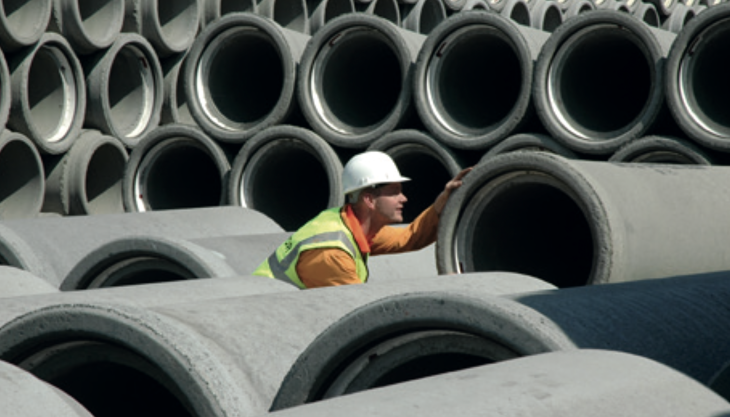Budget 2021: MPA calls for targeted spending in four key areas

Mineral Products Association budget submission calls on Chancellor to do the right thing
THE Mineral Products Association (MPA) is calling on the Chancellor to do the right thing in four key policy areas in its budget submission ahead of the 2021 Budget and Spending Review on 27 October.
Together these would help to ensure the industry could play its part in delivering the Government’s ambitions in infrastructure, housing, and a green industrial revolution. The four areas are:
- Reinstate the Aggregates Levy Community Fund for people near quarries
- Delay removing the red diesel rebate until alternatives are available
- Deliver on funding and policy to help producers achieve net zero
- Improve certainty and clarity of future infrastructure projects.
First, the MPA is calling for the return of the Aggregates Levy Community Fund (ALCF) to support communities and environmental projects near quarries. The Association proposes a fund of £10 million a year – a small fraction of the £400 million raised annually from the levy on newly quarried primary aggregates. Given the Government’s intention to increase the Aggregates Levy year on year, restoring the ALCF is particularly pertinent and timely.
Secondly, the industry is repeating calls to retain the red diesel rebate until viable alternatives become available to power heavy machinery. The rebate is due to be withdrawn from mineral products companies in April 2022. Although the industry is working with plant manufacturers to develop non-diesel-powered equipment, no suitable machinery is close to being introduced to the market. The removal of the red diesel rebate is therefore unjustified, premature, and should be delayed.
Thirdly, the mineral products industry has reiterated its calls for the right policy and support to achieve net-zero carbon emissions. The concrete and cement sector, in particular, has set out a clear, achievable Roadmap to Beyond Net Zero, but some of the levers rely on the Government delivering on its own decarbonization commitments in this and future Budgets.
Finally, the MPA has called on the Government to take steps to vastly improve the certainty that businesses require to make investment decisions – in turn strengthening the whole construction supply chain. Publishing the National Infrastructure and Construction Pipeline annually with sufficient detail will give businesses the confidence to invest in new materials sources, production and supply facilities, equipment, and people.
Better still, requiring major construction projects funded by the public purse to clearly set out their mineral product requirements would cost nothing but deliver significant efficiency gains across the supply chain. The MPA has also repeated its call for five-year budget plans for local roads which would support local authorities’ planning and allow asphalt producers to invest and supply materials in the most efficient way possible.
Nigel Jackson, chief executive of the MPA, said: ‘MPA members produce more than 90% of the essential materials needed for the Government to realize its ambitions for infrastructure, housing, and a green industrial revolution. The industry could play its part far better if preparations for major projects and the mineral planning system worked as they should.
‘The industry already contributes the thick end of £1 billion to the public purse each year and with the Aggregates Levy being increased and the red diesel rebate being removed, mineral producers are set to pay even more. It’s not unreasonable for us to ask the Government to improve its own performance and to use a fraction of our tax take to support local communities surrounding minerals production sites.
‘The 2021 Comprehensive Spending Review is vital for supporting the recovery from Covid and tackling climate change as we all work to deliver net zero by 2050. It is an opportunity to improve infrastructure and housing delivery, set the groundwork for a net-zero built environment, and make several key decisions to help hard-to-decarbonize sectors get to zero.’









